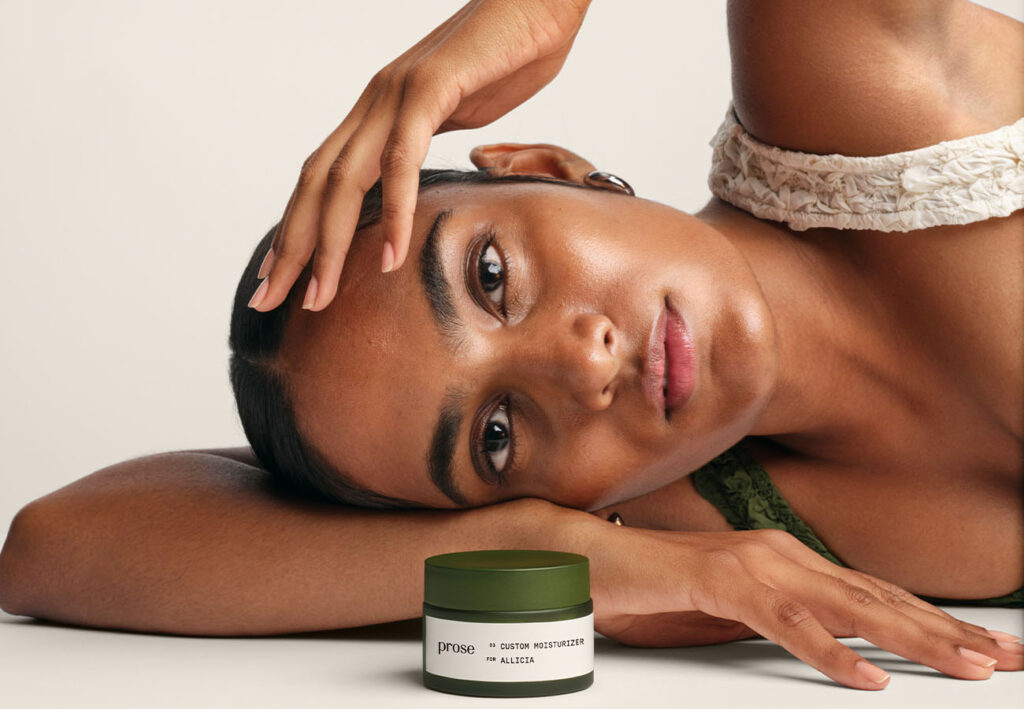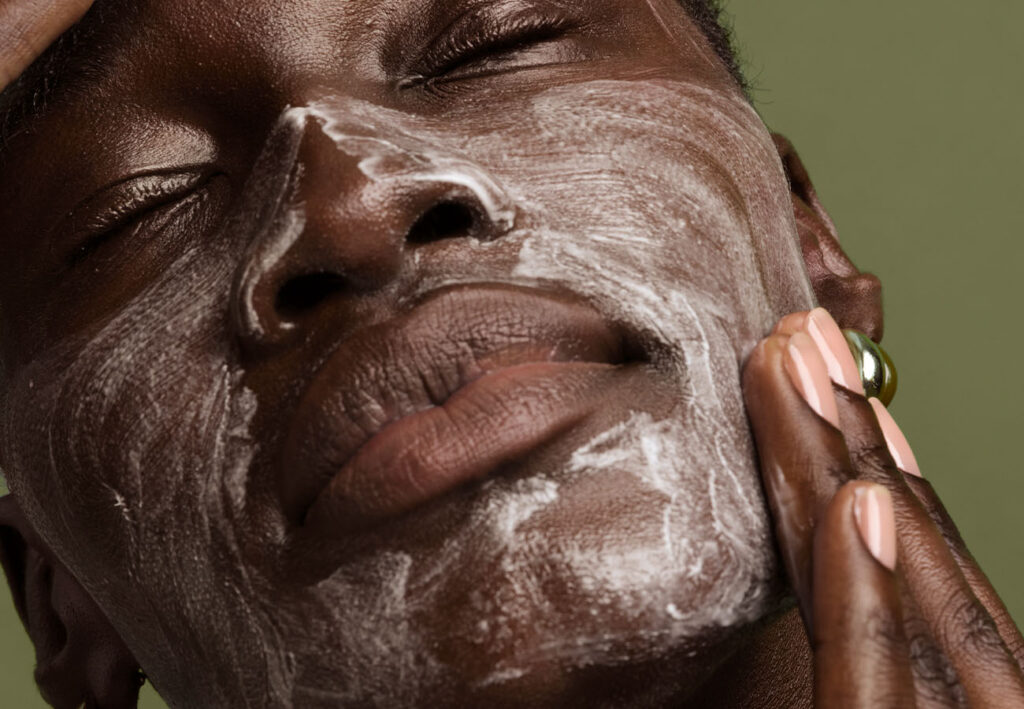What exactly is hyaluronic acid?
Dr. Green points out that hyaluronic acid can be a couple things, depending on how you frame it: First, it is a naturally occurring ingredient in the body, found largely in the eyes, skin, nerves, and around the joints. It helps cushion the joints and nerves, moisturize your eyeballs, and also preserve skin’s softness and resilience. You can even take oral hyaluronic acid supplements to boost these benefits.
But in the framework of beauty, hyaluronic acid is an increasingly popular topical ingredient and injectable—the latter being common since the ingredient is naturally absorbed into the body over time, as fillers deplete. In skincare (and even hair care and scalp care), the ingredient absorbs deeply into skin tissue or around the hair’s cuticle to provide long-lasting hydration, and can pull moisture from the air around you to magnify the benefits. Green notes that one of its most immediate results is a plumping of the skin.
Hyaluronic acid is often produced by a biotechnological operation called biofermentation, a bacterial engineering process that uses corn and wheat extract as well as bacteria to help transform those extracts into the finished liquid.
Benefits of Hyaluronic Acid for Skin (And Hair, Too)
It Quickly Moisturizes and Comforts Skin
There are some seriously beneficial immediate results when you use hyaluronic acid. As low-molecular hyaluronic acid soaks into skin and attracts moisture, it visibly plumps the skin, resurrecting you from a poor night’s rest or prepping you for the work day ahead. This plumpness smooths out fine lines and wrinkles, and it might even bring some glow with it, since hyaluronic acid can rescue skin from dullness. And beyond that, you will feel more comfortable in your skin. Not only does it make skin softer to the touch, but you won’t feel as dry or itchy throughout the day.
It Prevents Moisture Loss
Whenever hyaluronic acid has a higher molecular weight, it forms a film over the top of the skin to prevent transepidermal water loss from the environment around you. (Be especially mindful of this in winter, dry climates, and in overly air-conditioned rooms—especially if you sleep in said room with the A/C cranked up, or use an electrical heating device that parches the air.)
It Pairs Well with Other Ingredients
“There are no known side effects to using topical hyaluronic acid in skincare, as this ingredient is naturally produced in the body,” Green says. This is why you’ll find HA as a popular ingredient in serums, moisturizers, masks, and more; it’s not a volatile ingredient and is good to use on all skin types, at any time of day or year.
It Prevents Frizz and Promotes Hair Strength
Hyaluronic acid boosts shine and hair smoothness by forming a protective layer around the hair fiber and cuticle. It can keep hair properly hydrated (so, less breakage), without the effects you might get from being in a humid environment (it’s the kind of moisture your hair needs, not the kind that leads to frizz). This protective coating shields the strand from the environmental factors around you.
It Prevents Dry, Itchy Scalp
Just as hyaluronic acid softens and nourishes facial skin, it can provide similar benefits for the scalp. And while those of us with a full head of hair may not see this as a benefit, trust us here: This ingredient can bring your scalp back from the brinks or dryness or irritation, especially in overly air conditioned environments, arid climates, or cool and dry weather. Not to mention, it never hurts to get a little bit of extra moisture into the follicles, too, to help “water” the bulbs from which your hairs grow.
How to Apply Hyaluronic Acid
While the application of hyaluronic acid will vary depending on the product at hand, there is one universal rule around using the ingredient: Make sure it has moisture to attract. For example, it’s smart to apply it in a steamy bathroom right after showering, or to apply it to freshly damp, clean skin after washing your face in the sink. In these situations, the ingredient can immediately bind to moisture, and has moisture in the air around you to pull in, too. This is also why hyaluronic acid hair products are often applied to wet hair, too: To give the product the binding agent it needs to work its wonders best.
Secondly, when you apply a hyaluronic acid serum—one whose role is to seep into skin, rather than sit atop skin—it is best to let the product absorb for a few minutes (ideally in the moisture-rich scenario), and then layer a protective moisturizer over top. This will be most important in dry climates, seasons, and homes. Because if you use the product, lack any moisture for it to bind to, and don’t shield it with a dense moisturizer, then it might all be for nothing. At the very least, give the ingredient the boost it needs to maximize the above benefits.
Always made to order. Never made to waste.
Exclusive Trial Offer Get 60% Off + Free Gift







